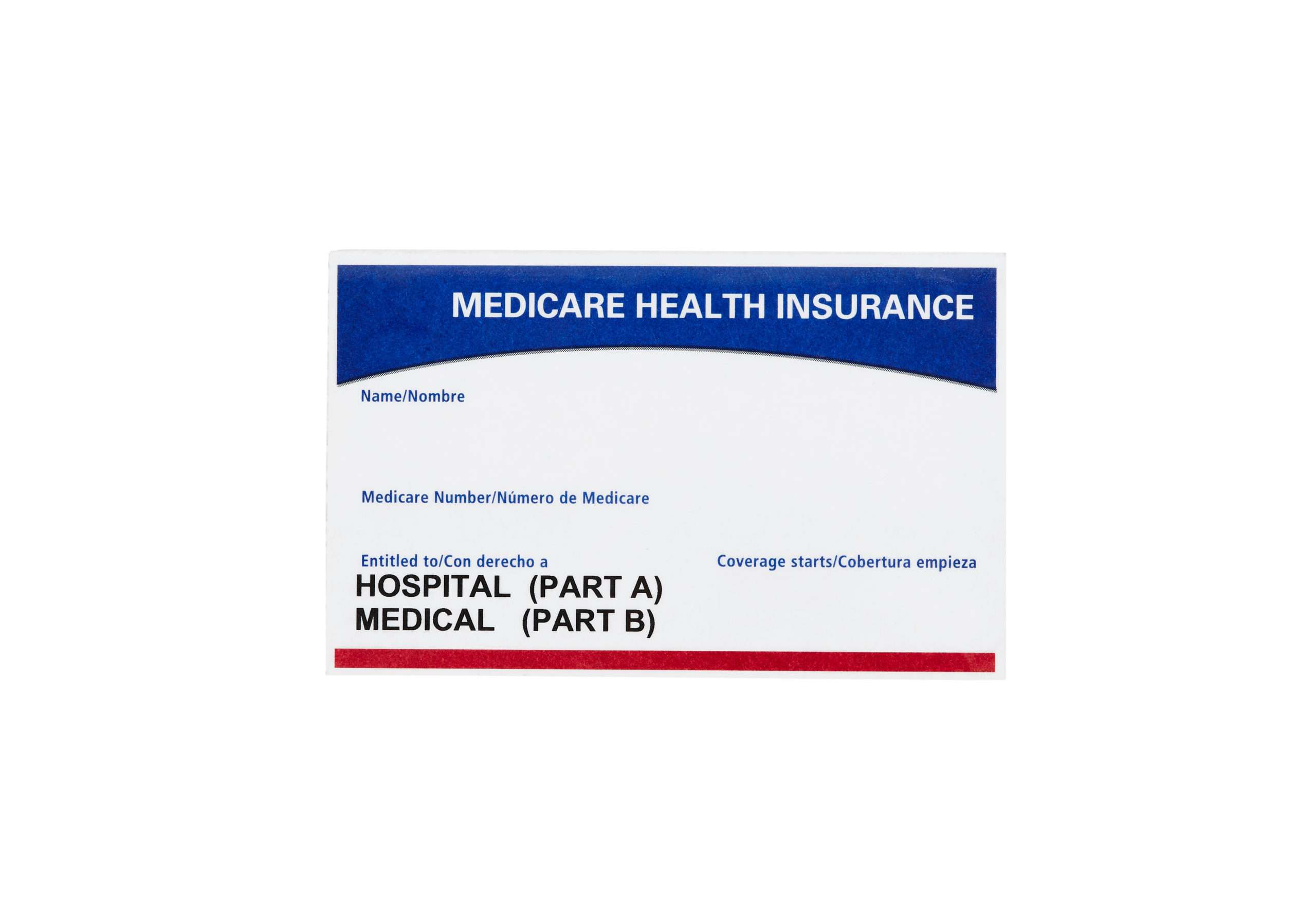The Ultimate Guide To Medicare Supplement Policies

Key Highlights
Medicare Supplement policies, also known as Medigap, are insurance plans that help cover the out-of-pocket costs not paid by Original Medicare. Here are the key highlights of Medicare Supplement policies:
- Medigap are standardized by the federal and labeled with a letter. This means that the plans and what they cover are the same, regardless of the insurance company you choose.
- Medicare plans work alongside Original Medicare (Parts A and B to help with out-of-pocket costs such as deductibles, copayments and coinsurance.
- With Medigap plans, you have the freedom to see any doctor who accepts Medicare patients. There are no network restrictions, and you don’t need a referral to see a specialist.
- Medicare Supplement coverage goes with you anywhere you travel in the U.S. So, whether you’re visiting family in another state or enjoying a vacation, you’ll have peace of mind knowing you’re covered.
- Purchasing a Medigap plan along with a Medicare Part D prescription drug plan can provide you with more comprehensive coverage.
- These key highlights give you a glimpse into the benefits of Medicare Supplement policies. Now, let’s delve deeper into understanding these policies and how they complement Original Medicare.
Introduction
Medicare supplement policies, also known as Medigap policies, play a crucial role in enhancing healthcare coverage for individuals enrolled in Original Medicare (Part A and Part B). Understanding how these policies complement the gaps left by Part A and Part B can significantly impact your healthcare journey. This guide sheds light on the various types of Medicare supplement plans available, helping you navigate the complex landscape of healthcare insurance with confidence and clarity. Unlock the secrets to maximizing your Medicare benefits today.
Understanding Medicare Supplement Policies
Medicare supplement policies, also known as Medigap policies, are designed to fill the gaps in Original Medicare, including Part A and Part B coverage. These standardized plans are offered by private insurance companies and can help pay for coinsurance, deductibles, and copayments. Understanding how these policies work is crucial for ensuring comprehensive coverage and financial security in times of medical need. It’s essential to grasp the eligibility criteria and the benefits these plans can provide during the open enrollment period and additional open enrollment periods.
What Are Medicare Supplement Policies?
Medicare Supplement Policies, also known as Medigap, are private insurance plans that help cover healthcare costs not paid by Original Medicare. They fill in the “gaps” such as copayments, coinsurance, and deductibles. These policies can provide additional coverage and financial security for Medicare beneficiaries.
How Medicare Supplement Policies Complement Original Medicare
Medicare supplement policies, also known as Medigap policies, complement Original Medicare by covering certain out-of-pocket costs like deductibles, copayments, and coinsurance. These policies work alongside Medicare Part A and Part B to help fill the gaps in coverage, providing beneficiaries with more comprehensive healthcare benefits. By enrolling in a Medigap plan during the open enrollment period, individuals can enhance their coverage and reduce their potential financial burdens associated with healthcare expenses. Additionally, standardized plans offered by insurance companies ensure consistency in benefits across different policy providers.
Types of Medicare Supplement Plans
When exploring types of Medicare supplement plans, it’s crucial to understand that Medigap policies are standardized plans offered by insurance companies to cover gaps in Original Medicare, including deductibles, copayments, and coinsurance. There are various plans labeled A through N, each with different coverage levels. It’s important to note that these plans are regulated by the Medicare program, ensuring consistency across different insurance providers. Understanding these options can help you choose a plan that best suits your healthcare needs.
Overview of Available Medicare Supplement Plans
Medicare supplement plans, also known as Medigap policies, offer coverage for costs not paid by Original Medicare, including copayments, deductibles, and coinsurance. These plans are sold by private insurance companies and are designed to work alongside Medicare Part A and Part B. There are standardized plans labeled A through N, each offering different levels of coverage to meet individual needs. It’s essential to compare the features of each plan to select the one that best fits your healthcare requirements.
Comparing the Most Popular Medicare Supplement Plans
Medigap policies, also known as Medicare Supplement Plans, offer various standardized plans labeled A-N, each offering different levels of coverage to complement Original Medicare. Plan F and Plan G are among the most popular choices due to their comprehensive coverage. While Plan F covers all Part A and Part B deductibles, copayments, and coinsurance, Plan G is similar but requires you to pay the Part B deductible yourself. Understanding these key differences can help you make an informed decision when comparing Medicare Supplement Plans.
Choosing the Right Medicare Supplement Plan
Factors such as coinsurance, deductibles, and copayments play a key role in selecting the most suitable Medicare supplement plan for your needs. Understanding your eligibility and the coverage provided by different standardized plans is crucial. During the open enrollment period, take time to compare offerings from various insurance companies. Consider how each plan complements your Original Medicare (Part A and Part B) to ensure comprehensive coverage for your healthcare expenses. Consulting with a Medicare agent can also offer valuable insights into making an informed decision.
Factors to Consider When Selecting a Plan
When choosing a Medicare supplement plan, consider your current and future healthcare needs. Evaluate the coverage options provided by each plan, including deductibles and copayments. Check if your preferred doctors or hospitals are in-network. Compare premiums from different insurance companies to find a competitive rate. Understand how the plan coordinates with your existing Part A and Part B coverage. Lastly, review any additional open enrollment periods or specific eligibility criteria.
The Role of Medicare Agents
Medicare agents play a crucial role in guiding individuals through the complex landscape of Medicare supplement policies. They assist in navigating the various plan options, clarifying terms like coinsurance and deductibles, and ensuring eligibility requirements are met. These agents help beneficiaries understand the nuances of Medigap policies and provide valuable insights on how to maximize coverage while minimizing out-of-pocket costs. By leveraging their expertise, beneficiaries can make informed decisions and secure the most suitable Medicare supplement plan for their needs.
How a Medicare Agent Can Assist You
Navigating the complexities of Medicare supplement policies can be overwhelming. A Medicare agent can simplify this process by guiding you through the various options and helping you choose the most suitable plan based on your needs. These agents are well-versed in the different standardized plans and can explain how each plan aligns with your healthcare requirements. They also provide valuable information on eligibility criteria, costs such as deductibles and coinsurance, and additional open enrollment periods. Utilizing their expertise can lead to a more informed decision-making process.
Questions to Ask Your Medicare Agent
What are the differences between the available plans?
How do I know which plan best suits my needs?
Can I switch plans if my circumstances change?
What are the costs involved in these supplement policies?
Are there any penalties for late enrollment or plan changes?
How do I ensure I am choosing a reputable insurance provider?
Can you guide me on potential future coverage needs?
What are the key benefits of each plan?
Saving Money on Medicare Supplement Policies
Shopping for Medicare supplement policies wisely can result in significant cost savings. When looking for a policy, comparing rates from different insurance companies is key. During your initial open enrollment period, plans may be more affordable. Reviewing and comparing plans regularly can also help you find competitive rates. By being proactive and staying informed about available options, you can make informed decisions that align with your budget and healthcare needs.
Tips for Shopping for Competitive Rates
To secure competitive rates when shopping for Medicare supplement policies, compare offerings from various insurance companies. Take advantage of the open enrollment period to explore options. Consider factors like deductibles, copayments, and coinsurance. Research standardized plans and Medigap policies to find the best fit for your needs and budget. Additionally, stay informed about additional open enrollment periods for more chances to adjust your coverage according to eligibility and requirements.
When to Review and Compare Plans for Cost Savings
It’s important to review and compare Medicare supplement insurance plans for potential cost savings. One key time to do this is during the open enrollment period. The open enrollment period is a six-month window that starts on the first day of the month in which you’re both age 65 or older and enrolled in Medicare Part B. During this period, your acceptance into a Medicare supplement plan is guaranteed, regardless of any pre-existing conditions you may have.
Another reason to review and compare plans is if you experience changes in your healthcare needs or financial situation. You may find that a different plan offers better coverage or a more affordable premium. Additionally, if you’re currently enrolled in a Medicare supplement plan and your premium increases significantly, it may be worth exploring other options to potentially save on costs.
By reviewing and comparing plans during the open enrollment period or when your circumstances change, you can ensure that you’re getting the best coverage for your needs at a price that fits your budget.
Conclusion
Navigating the realm of Medicare supplement policies can be overwhelming, but understanding the key highlights, different plan types, and how they complement original Medicare is crucial. By comparing popular plans and considering factors like cost and coverage, you can choose the right policy with confidence. Utilize the expertise of Medicare agents to assist you in this process and help save money by shopping competitively. Remember to review and compare plans regularly for potential cost savings. Knowing when to enroll and whether you can switch plans ensures you make informed decisions about your healthcare coverage. Stay informed, stay proactive, and secure your health with the right Medicare supplement policy.
Frequently Asked Questions
What is the Best Time to Enroll in a Medicare Supplement Plan?
The best time to enroll in a Medicare supplement plan is during your open enrollment period. This period starts on the first day of the month in which you’re both age 65 or older and enrolled in Medicare Part B. During this time, you have guaranteed acceptance into a Medicare supplement plan, regardless of any pre-existing conditions you may have. It’s important to note that if you apply outside of the open enrollment period, you may be denied coverage or charged more based on your health history. So, it’s best to take advantage of the open enrollment period to ensure you have the coverage you need.
Can I switch between different Medicare supplement plans?
Yes, you can switch between different Medicare supplement plans. However, it’s important to note that if you decide to switch plans outside of your open enrollment period, you may be subject to medical underwriting. This means that the insurance company can review your health history and may deny coverage or charge you higher premiums based on any pre-existing conditions. To avoid this, it’s generally recommended to review and compare plans during your open enrollment period when you have guaranteed acceptance into a Medicare supplement plan.


















